Ángel Vázquez was appointed as the head of Lanzarote’s CACTS (Centres of Art, Culture and Tourism) last year. With several years as the head of the External Promotion Department under his belt, he is a veteran operator in Lanzarote’s tourist industry. We talked to him last month about recent issues affecting the island’s most important business.
Have the protests of 20th April and 20th October against the effects of mass tourism damaged the image of the Canary Islands with our visitors?
The protests are an expression of legitimate concerns about the impact of tourism on our community and the environment, but they don’t define the overall experience of tourism in the Canary Islands.
The image of our islands remains positive among visitors, who value the natural beauty and local culture. The protests offer an opportunity to open a constructive dialogue. We’re working to ensure sustainable tourism, both in economic, social and environmental terms. Through a collaborative approach, we seek solutions that benefit everyone and promote tourism that respects and values our environment.
There are tourist taxes in many European countries and several regions in Spain. Why is there so much opposition to this measure in the Canary Islands?
There are several reasons. First, tourism is the economic engine of our region; any measure that could discourage visitors is concerning. Unlike other regions where tourism does not represent such a significant part of the economy, here it is crucial. Taxes could make the Canaries less competitive in a global market where other destinations are emerging with attractive offers and lower prices.
We are looking for alternatives that generate income to improve infrastructure, services and the life of the local community, without compromising the quality of life of the latter.
Is Lanzarote ready for the new Holiday Rental Law? How will it affect tourism on the island?
The new Holiday Rental Law is a necessary step to regulate a sector that has grown rapidly. Lanzarote is actively preparing to implement this legislation, which will allow clear criteria to be established on the use of properties for holiday rental. This approach seeks to protect both visitors and residents and, although there may be an impact on the availability of holiday accommodation, the law aims to ensure a balance in the market. This will benefit tourism in the medium and long term, attracting visitors who value a healthy local environment and an authentic experience on our island.
With more tourists than ever coming to the island, can we consider the current volume as the “new normal”?
The increasing number of tourists is an indication that we remain an internationally competitive destination. However, we must manage this growth effectively. The “new normal” involves implementing strategies that optimize the experience of visitors and respect the island’s capacity. We’re focused on sustainable tourism that promotes the conservation of our natural and cultural resources, ensuring memorable experiences for tourists and a good standard of living for residents.
Is there more competition now, for example, from countries such as Turkey and Greece? How can the Canary Islands meet this challenge?
International competition is a natural phenomenon in tourism, and destinations such as Turkey and Greece are making significant efforts to attract tourists. But still Lanzarote remains unique. Our natural beauty, climate, rich culture, food and drink and reputation for safety are factors that set us apart.
To meet challenges from competitors we must adapt and innovate, diversifying our offer and focusing our efforts on quality and sustainable tourism. Strengthening our marketing strategies is also crucial to highlight the uniqueness of Lanzarote and encourage responsible tourism.
Have the queues at the CACTs been reduced?
We have made significant efforts to improve the visitor experience at the CACTs, especially in terms of managing waiting times, implementing a pilot system for selling tickets online and by time slots, which has had a very satisfactory result and has allowed us to put an end to the queues at the entrance to the Cueva de los Verdes.
This system is now operational, allowing visitors to select their visiting time in 15-minute intervals, which not only regulates the flow of people but also significantly reduces the impact on the space and guarantees better experience at the Cueva.
We’re currently working to adapt this system to other centres, such as Jameos del Agua and Montañas del Fuego.
In addition, we’ve improved communication with visitors so that they know the best times for visiting.
Would you say the price increases at the CACTs have been successful?
The recent price review at the CACTs was carried out with the aim of improving the sustainability and quality of our spaces. In addition, it has been a great help in regulating demand, thus reducing the human impact on Manrique’s work and raising more income for the population of Lanzarote.
Visitor response has been positive – they understand that a quality experience requires investment. This seeks to ensure that each visitor has an enriching experience and that the income is reinvested in improvements and conservation.
Is it necessary to restrict or control access to wild places such as Las Grietas or Los Charcones to protect the landscape and ensure the safety of visitors?
Managing access to iconic places such as Las Grietas and Los Charcones is essential to preserve our natural heritage. Although the influx of visitors may be high, a proactive approach to protecting these spaces will ensure the safety of everyone. Access restrictions can be an effective tool to ensure that these places remain enjoyable, for both tourists and residents. Any measures implemented will be in collaboration with the community and relevant stakeholders, ensuring that these decisions reflect a commitment to sustainability and the preservation of Lanzarote’s natural beauty for future generations.
Are there any new projects or initiatives pending?
We work every day to build an island of opportunities. Each day we receive cultural proposals, such as artistic ideas or food events, that enrich a vital and constantly developing destination. I can tell you that our professionals are working hard to return one of the icons of this island – the Monumento del Campesino – to the Peña de Tajaste; that we continue to develop the dining opportunities proposal at the Tourist Centres, and that we are looking forward to renewing our cultural offer, opening our spaces to the talent of the island’s creators, with events such as the Biennial, the Performing Arts Festival, music concerts, the literature festival.

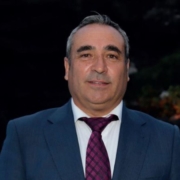
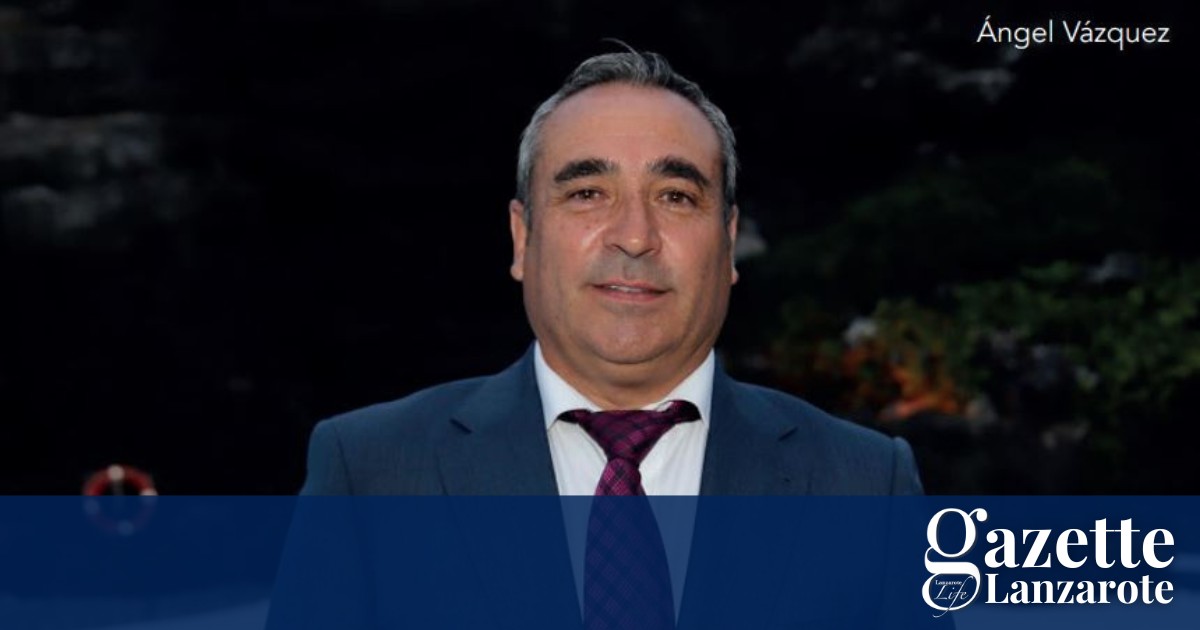


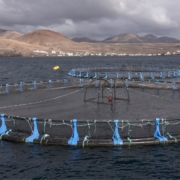
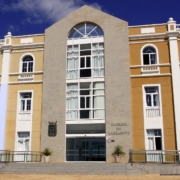

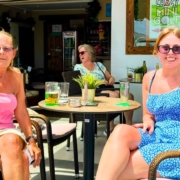


Leave a Reply
Want to join the discussion?Feel free to contribute!